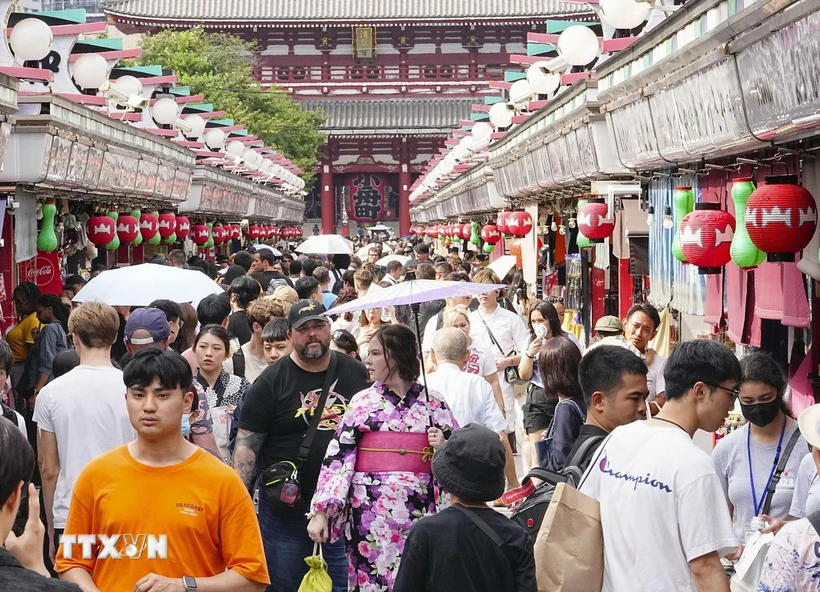
Tourists in Tokyo, Japan. (Photo: Kyodo/VNA)
According to a VNA reporter in Tokyo, the Japanese capital's government is stepping up support for foreign tourists in case of disaster.
As part of this initiative, Tokyo has been holding disaster drills for non-Japanese speakers. During an evacuation drill last month in Tokyo's Shinjuku district, no one was allowed to speak Japanese.
Participants playing the role of foreigners used a translation app to talk to first responders.
The drill was intended to simulate the aftermath of a major earthquake that struck the Shinjuku district. People unable to return home due to impassable roads and train service disruptions sought shelter at the Tokyu Kabukicho tower.
Nearly 30 evacuees, or 40% of the total, were foreign nationals sheltering there. Shelter staff were able to display signs in multiple languages instructing evacuees to remain quiet, along with other instructions.
The exercise did highlight some issues, with staff struggling to respond to victims who wanted to charge their phones or who questioned whether meals contained allergens.
A member of Sompo Risk Management, the company that ran the evacuation drill, acknowledged the difficulty of “communication between people who can't talk to each other."
Another evacuation drill took place last month near Tokyo Station, where railway staff interacted with about 20 foreign university students posing as international tourists.
Staff told students in English that the train was out of service. Translation apps were used to convey further evacuation instructions.
In January, a drill in Tokyo's Shibuya district used drones to deliver instructions over loudspeakers. Instructions were given after drill staff confirmed pedestrians through built-in cameras. Organizers plan to conduct multilingual disaster drills at a later date.
The drills come as Tokyo is experiencing a surge in international visitors. According to preliminary figures from the Tokyo Metropolitan Government, there were 6.83 million foreign visitors from April to June 2024, up 31% from the same period in 2023. This is the highest number of visitors during the same period, up 64% from the same period in 2019.
Meanwhile, according to a survey by the Cabinet Office of Japan for fiscal 2023, only 27.2% of respondents in the hotel and restaurant service industry reported having a business continuity plan to cope with disasters, the lowest rate among all industries.
Since foreign tourists may not have experience dealing with earthquakes, there is a possibility that hotels and restaurants will be in widespread disarray in the event of an emergency.
Foreign visitors spent 1.18 trillion yen ($7.92 billion) in Tokyo between April and June 2024, the city estimated, marking the first quarter the figure has topped 1 trillion yen.
However, according to a Nikkei survey published last fall, disaster management plans in 16 of Tokyo's 23 special wards do not have provisions specifically for international visitors.
Tokyo Governor Yuriko Koike said that how to communicate disaster relief measures to foreigners is "extremely important" and "We will study information that can reach many people"./.


![[Photo] National Assembly Chairman Tran Thanh Man chairs the 8th Conference of full-time National Assembly deputies](https://vphoto.vietnam.vn/thumb/1200x675/vietnam/resource/IMAGE/2025/9/29/2c21459bc38d44ffaacd679ab9a0477c)
![[Photo] General Secretary To Lam attends the ceremony to celebrate the 80th anniversary of the post and telecommunications sector and the 66th anniversary of the science and technology sector.](https://vphoto.vietnam.vn/thumb/1200x675/vietnam/resource/IMAGE/2025/9/29/8e86b39b8fe44121a2b14a031f4cef46)
![[Photo] General Secretary To Lam receives US Ambassador to Vietnam Marc Knapper](https://vphoto.vietnam.vn/thumb/1200x675/vietnam/resource/IMAGE/2025/9/29/c8fd0761aa184da7814aee57d87c49b3)

![[Photo] Many streets in Hanoi were flooded due to the effects of storm Bualoi](https://vphoto.vietnam.vn/thumb/1200x675/vietnam/resource/IMAGE/2025/9/29/18b658aa0fa2495c927ade4bbe0096df)
















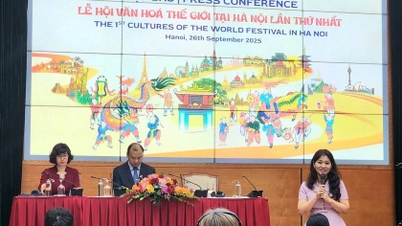
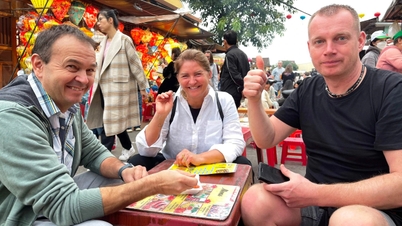
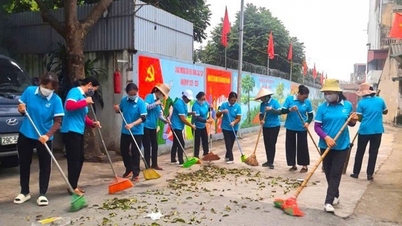




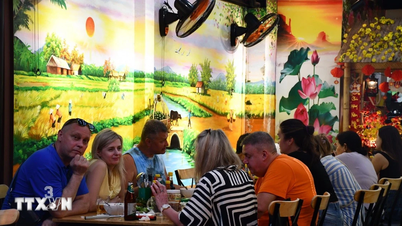

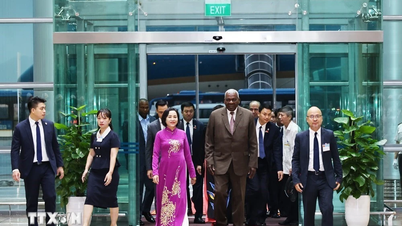

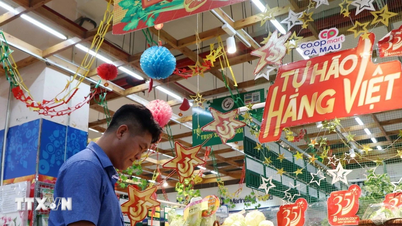









































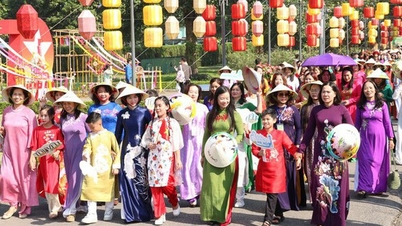




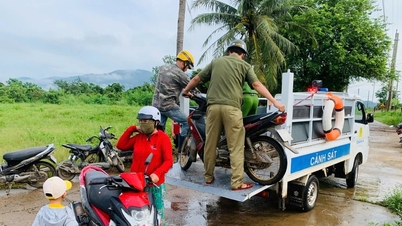

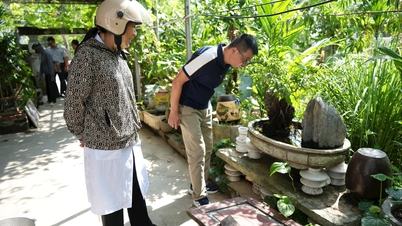

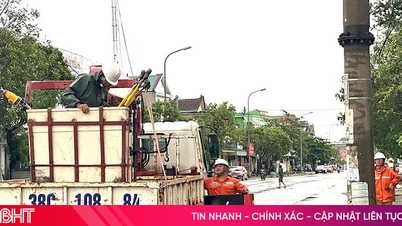

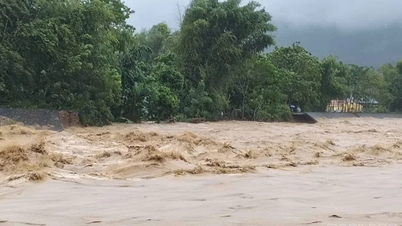















Comment (0)